In the UK, the month of September 2023 was warm and sunny, it was our Indian summer. And the last thing on our minds was UK tax returns. However, as we enter October and November 2023, I am afraid we must now all focus on 2022/23 UK tax returns.
The deadline for filing the 2022/23 tax returns is 31 January 2024, but experience definitely tells us that tax return preparation should not be put off until December and January. Those tax returns that are prepared in January create all sorts of stressful issues. If there is missing information for example, and it is already January, it can be impossible to locate that data in time before 31 January. Clients tell us that it is stress that they do not want.
If you are worried about your tax return filing, please don’t be. You can pass your information to us and we will prepare an accurate tax return; and maximize tax savings if relevant.
So, how does one prepare for UK tax return filing?
- We will need copies of your UK payroll records, typically a form P60, or perhaps a P45. Sometimes you will have a form P11D ( benefits) to share also.
- We may require details of your foreign pay data eg US (or other) payslips, especially if you are not on the UK payroll.
- If this is your first time filing a UK tax return, you may not yet be registered for UK self-assessment. You will need to apply and of course we will assist, and as a minimum you must obtain a UTR number ( Unique Taxpayer Reference). It can take the UK tax authorities up to six weeks to issue this. Quick action is key.
- One of the first major tasks with an expatriate tax return is to determine UK tax residency status. We will prepare a bespoke list of questions but, typically we require date of arrival in UK, details of days spent in the UK, days worked in the UK, nature of UK work, number of personal ties to the UK etc etc.
- We act for a large number of American nationals in the UK and many of those enjoy beneficial non-domicile status. This can grant them to access to full tax relief on overseas income and gains. We have to examine all of this income/gains to assess the viability of a “non-dom” claim.
- Expatriates are eligible for many different UK tax reliefs but this must be supported by evidence in most cases. For example, a foreign national may be entitled to tax relief on income from her overseas workdays, but she must keep records and evidence of that work abroad.
- Sometimes we find that our clients have already paid income taxes in another country (ie on income that we have to report and tax in the UK). There is often an opportunity to claim foreign tax credits in the UK, in order to prevent double taxation. We will need foreign tax returns and payslips.
- Stock incentives. These may take the form of stock options, restricted stock, phantom shares and that is just three examples of many more. As an expatriate you might be aware that stock remuneration can create the most complicated tax issues. We ask our clients for full details of option grants, stock awards, exercises and vestings to name a few. In short, we require as much information as possible on these items.
- British expatriates in the EU, Middle East and many locations will often keep their UK properties and rent them out during their absence. This income is nearly always UK taxable, it must be reported on a UK tax return, and detailed records must be kept.
If you get stuck on a tax return or you find you have no time for returns filing, please reach out to me at oheslop@globalextax.com or 0203 282 1649.





